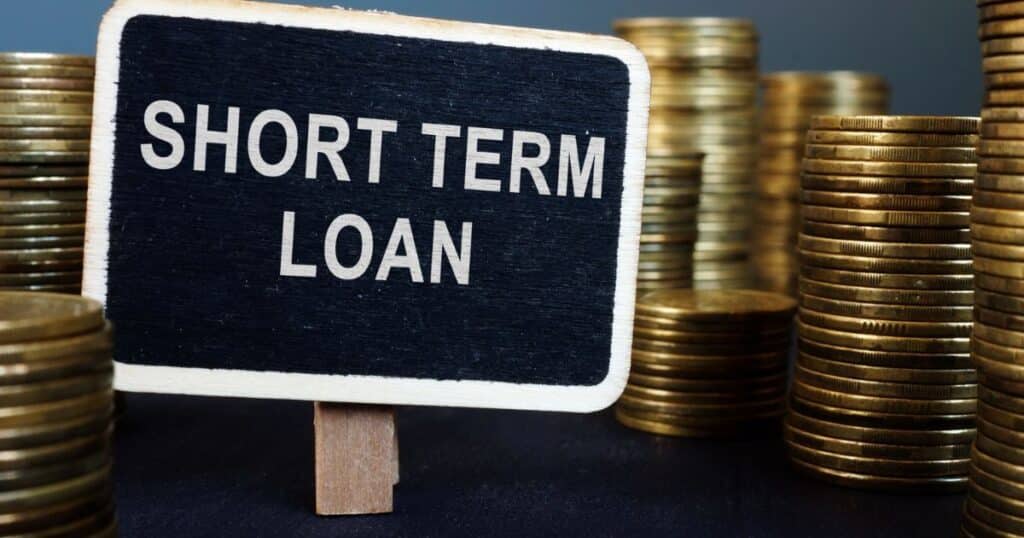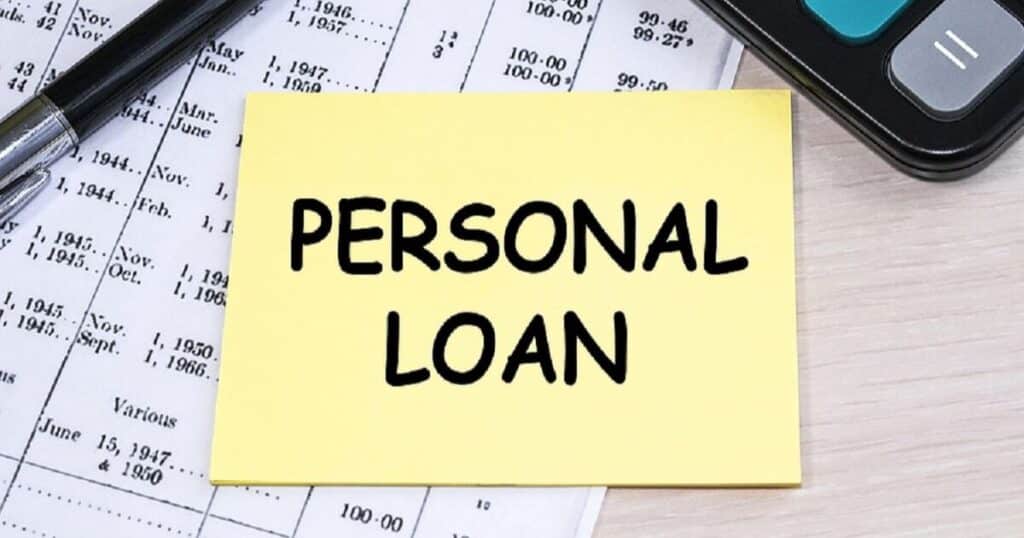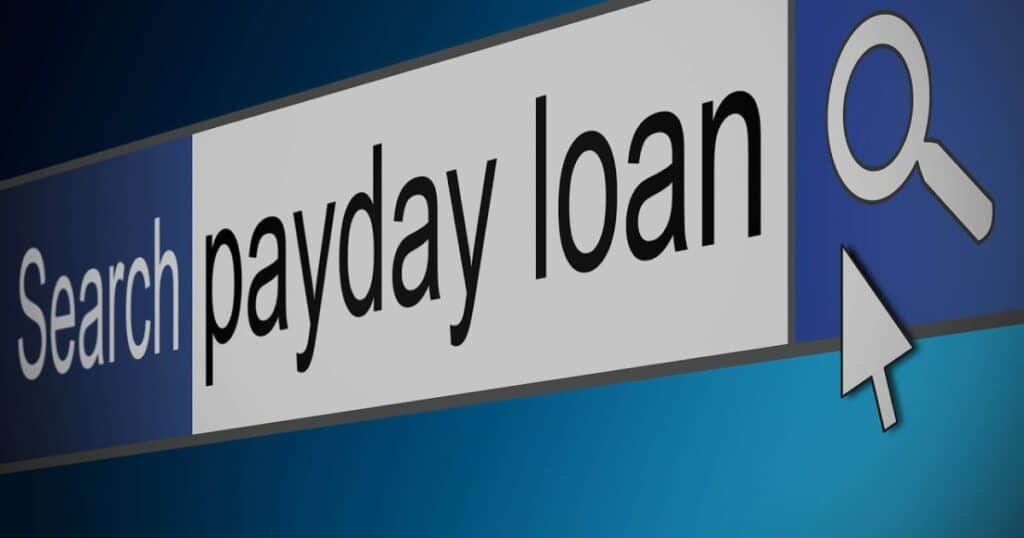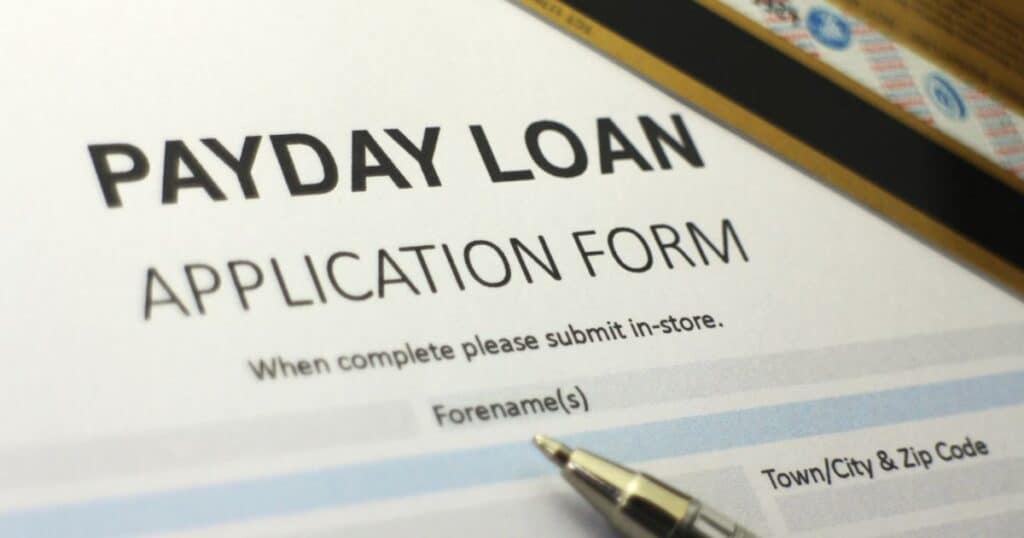In today’s fast-paced financial landscape, many individuals find themselves in need of quick cash solutions.
While payday loans have long been a go-to option for those facing unexpected expenses or temporary cash shortfalls, it’s crucial to understand the ins and outs of this form of borrowing.
This comprehensive guide will delve into the world of payday loans, exploring alternatives, and providing you with the knowledge needed to make informed financial decisions.
Payday Loans: A Quick Overview
Payday loans are short-term, high-interest loans typically due on the borrower’s next payday. These loans are designed to provide quick cash for emergencies or unexpected expenses, often ranging from $100 to $1,000. While they can offer a lifeline in dire situations, they come with significant risks and costs that borrowers must carefully consider.
Pros:
- Quick access to cash: Payday loans often provide funds within 24 hours of approval.
- Minimal credit check requirements: Lenders typically focus more on your income than your credit score.
- Available to those with poor credit: This can be an option for individuals who may not qualify for traditional loans.
- Simple application process: Most payday lenders offer streamlined online or in-store applications.
Cons:
- Extremely high interest rates: Annual Percentage Rates (APRs) often range from 300% to 400% or more.
- Short repayment terms: Loans are usually due in full on your next payday (typically 2-4 weeks).
- Risk of falling into a debt cycle: Many borrowers struggle to repay on time, leading to rollovers and additional fees.
- Potential for additional fees: Late payments or insufficient funds can result in extra charges.
It’s important to note that while payday loans can provide quick relief, they often come at a significant cost. Let’s explore this further with a comparison table:
| Loan Type | Typical APR | Loan Term | Loan Amount |
| Payday Loan | 300-400% | 2-4 weeks | $100-$1,000 |
| Personal Loan | 6-36% | 1-5 years | $1,000-$50,000 |
| Credit Card Cash Advance | 25-30% | Varies | Up to credit limit |
As you can see, the difference in APR between payday loans and other options is stark, highlighting the importance of exploring alternatives whenever possible.
Eligibility Requirements for Typical Payday Loans

While requirements can vary by lender, most payday loan providers have similar basic criteria:
- Proof of regular income: This can be from employment, benefits, or other consistent sources.
- Active bank account: Lenders typically require a checking account for depositing funds and automatic withdrawals.
- Valid ID: A government-issued ID is necessary to verify your identity.
- Age requirement: Borrowers must be at least 18 years old.
- U.S. citizenship or permanent residency: Most lenders only work with U.S. citizens or permanent residents.
It’s worth noting that while these requirements may seem straightforward, they don’t guarantee approval. Lenders will still assess your ability to repay the loan based on your income and other factors.
Step-by-Step Guide to Applying for Payday Loans
If you’ve decided that a payday loan is your best option, here’s a typical application process:
- Gather required documents: This includes pay stubs, bank statements, and identification.
- Choose a lender and visit their website or store: Research different lenders to find the best terms available.
- Fill out the application form: Provide personal information, employment details, and banking information.
- Provide necessary documentation: Submit copies of your pay stubs, ID, and other required documents.
- Wait for approval: Many lenders offer instant decisions, while others may take a few hours.
- Review and sign the loan agreement: Carefully read all terms and conditions before signing.
- Receive funds: If approved, you’ll typically receive the money within one business day.
Remember, just because you can qualify for a payday loan doesn’t mean it’s the best choice. Always consider the long-term financial implications before signing any loan agreement.
Popular Short-Term Loan Options

While payday loans are well-known, there are several other short-term lending options worth considering:
- CashNetUSA: Offers payday loans, installment loans, and lines of credit in select states. They’re known for their quick application process and fast funding.
- Possible Finance: Provides small installment loans with more flexible terms than typical payday loans. They report payments to credit bureaus, potentially helping borrowers build credit.
- Chime: While not a traditional lender, Chime’s “SpotMe” feature allows eligible members to overdraft their account up to $200 with no fees.
- OneMain Financial: Offers personal loans, including options for those with less-than-perfect credit. They provide both secured and unsecured loan options.
- MoneyMutual: Acts as a lending marketplace, connecting borrowers with short-term lenders. This can be a good option for comparing multiple offers quickly.
Each of these options has its own set of pros and cons, and the best choice will depend on your individual financial situation and needs.
Where to Get Short-Term Loans
When seeking short-term loans, you have several avenues to explore:
1. Traditional Banks
While most traditional banks don’t offer payday loans, they may have other short-term lending options:
- Personal loans: Some banks offer small personal loans with more favorable terms than payday loans.
- Overdraft protection: This service can cover transactions when your account balance is insufficient.
- Credit cards: Many banks offer credit cards, which can be used for short-term borrowing if paid off quickly.
2. Online Lenders
Online lenders have become increasingly popular for short-term loans due to their convenience and often competitive rates:
- Quick application process: Many online lenders offer instant decisions.
- Fast funding: Funds are often deposited within one business day.
- Wide range of options: Online lenders offer various types of loans, including payday loans, installment loans, and lines of credit.
3. Credit Unions
Credit unions are worth considering for their member-focused approach:
- Payday Alternative Loans (PALs): Many credit unions offer these small, short-term loans with capped fees and interest rates.
- Personal loans: Credit unions often have competitive rates on personal loans.
- Membership requirements: You’ll need to join the credit union to access their services, but this can come with additional benefits.
4. Peer-to-Peer Lending
Peer-to-peer lending platforms connect borrowers directly with individual lenders:
- Potentially lower interest rates: Some borrowers may find more competitive rates than traditional lenders.
- Flexible terms: Many platforms offer a range of loan amounts and repayment periods.
- Credit requirements: While some platforms cater to borrowers with lower credit scores, the best rates are typically reserved for those with good credit.
Top Loan Lenders for Bad Credit
If you have poor credit, these lenders specialize in providing options:
- BadCreditLoans.com: Connects borrowers with a network of lenders willing to work with low credit scores.
- CashUSA.com: Offers loans for various credit levels, including poor credit.
- Avant: Provides personal loans for borrowers with credit scores as low as 580.
Remember, while these lenders may be more accessible, loans for bad credit often come with higher interest rates and fees.
Read More: How to Fill Out TD1 and TD1BC Forms?
Top Loan Lenders for Good Credit

For those with strong credit profiles, these lenders often offer the most competitive terms:
- SoFi: Known for low rates and no fees on personal loans.
- LightStream: Offers some of the lowest rates in the industry for borrowers with excellent credit.
- Marcus by Goldman Sachs: Provides fee-free personal loans with competitive rates.
Loan Lenders for Debt Consolidation
If you’re looking to consolidate existing debts, consider these options:
- Payoff: Specializes in loans designed to pay off credit card debt.
- Upgrade: Offers personal loans that can be used for debt consolidation, with direct payment to creditors.
- Prosper: A peer-to-peer lending platform that offers loans for debt consolidation among other purposes.
Best Lenders for Installment Loans
Installment loans offer more structured repayment terms than payday loans. Here are some top providers:
- Upstart: Uses alternative data for underwriting, which can benefit borrowers with limited credit history.
- Best Egg: Offers quick funding and competitive rates for those with good credit.
- LendingClub: A peer-to-peer platform offering installment loans for various purposes.
Best Loan Lenders for Home Improvements
For those looking to fund home upgrades, these lenders offer specialized options:
- LightStream: Offers unsecured home improvement loans with competitive rates.
- SoFi: Provides personal loans that can be used for home improvements, with no fees.
- Rocket Loans: Offers quick funding for home improvement projects.
Best Short-Term Loan Lenders
If you need a short-term loan but want to avoid traditional payday lenders, consider these alternatives:
- Earnin: An app that allows you to access your paycheck early based on hours worked.
- Dave: Offers small cash advances with no interest, as well as budgeting tools.
- Brigit: Provides small advances and helps you avoid overdraft fees.
Best Alternatives for Emergency Loans
Before turning to high-cost payday loans, explore these emergency loan alternatives:
- Credit card cash advances: While still expensive, they typically have lower APRs than payday loans.
- Personal loans from banks or credit unions: These often offer more favorable terms for short-term borrowing.
- Local emergency assistance programs: Many communities have programs to help with urgent expenses like utilities or rent.
Best for Military Members
Active duty military and veterans have access to special financial products:
- Military relief societies: Each branch of the military has a relief society that can provide emergency financial assistance.
- USAA: Offers personal loans and other financial products specifically for military members and their families.
- Navy Federal Credit Union: Provides a range of loan options for military members, often with favorable terms.
What are the Banks Offering Loans Like Payday Loans?

While most traditional banks don’t offer payday-style loans, some have developed alternatives:
- U.S. Bank Simple Loan: A small-dollar loan product with more affordable terms than typical payday loans.
- Bank of America Balance Assist: Offers small, short-term loans to existing customers.
- Huntington Bank Standby Cash: A line of credit product that can serve as an alternative to payday loans.
These bank-offered alternatives typically have much lower APRs than payday loans, though they may require an existing relationship with the bank.
What are the Loan Eligibility and Requirements?
While requirements can vary by lender and loan type, general eligibility criteria often include:
- Proof of income: Regular, verifiable income from employment or other sources.
- Active bank account: A checking account for receiving funds and making payments.
- Valid ID: Government-issued identification to verify your identity.
- Age requirement: Typically 18 years or older.
- U.S. citizenship or permanent residency: Most lenders only work with U.S. citizens or permanent residents.
- Credit score: While some loans are available for poor credit, better scores generally mean better terms.
- Debt-to-income ratio: Lenders will assess your ability to take on additional debt.
How to Choose the Right Loan for You?
Selecting the right loan requires careful consideration of several factors:
- Total cost of the loan: Look at the APR, which includes both interest and fees.
- Repayment terms: Consider whether you can comfortably meet the repayment schedule.
- Lender reputation: Research the lender’s history and customer reviews.
- Your financial situation: Honestly assess your ability to repay the loan.
- Loan purpose: Different loans are designed for different purposes, so choose one that fits your needs.
- Alternatives: Always explore other options before committing to a loan.
Remember, the cheapest loan isn’t always the best if it doesn’t fit your specific needs and financial situation.
Top 5 Alternatives to Payday Loans
Here are some alternatives to consider before turning to payday loans:
1. Credit Union Payday Alternative Loans (PALs)
Overview:
Small, short-term loans with capped fees and interest rates, offered by many credit unions.
Pros:
- Lower costs than traditional payday loans
- Longer repayment terms (typically 1-6 months)
- May help build credit if reported to credit bureaus
Cons:
- Requires credit union membership
- May have a small application fee
Eligibility Criteria:
- Credit union member for at least one month
- Proof of income
- Typically limited to $200-$1,000
2. Installment Loans
Overview:
Loans repaid in fixed monthly payments over a set period.
Pros:
- Longer repayment terms (typically 3-60 months)
- Potentially lower interest rates than payday loans
- Fixed payment amounts for easier budgeting
Cons:
- May require credit check
- Longer commitment than payday loans
Eligibility Criteria:
- Varies by lender, often based on credit score and income
- Proof of income and employment
- Valid ID and bank account
3. Cash Advance Apps
Overview:
Mobile apps providing small advances on upcoming paychecks.
Pros:
- Low or no fees
- No interest charges
- Quick and easy to use
Cons:
- Limited advance amounts (typically up to $100-$250)
- Requires linking to your bank account
Eligibility Criteria:
- Regular income, usually requires direct deposit
- Active checking account
- Smartphone for app access
4. Personal Loans from Online Lenders
Overview:
Unsecured loans from online platforms, often with more competitive rates than payday loans.
Pros:
- Potentially lower rates than payday loans
- Longer repayment terms
- Larger loan amounts available
Cons:
- May require good credit for best rates
- Longer application and approval process than payday loans
Eligibility Criteria:
- Based on credit score, income, and debt-to-income ratio
- Proof of income and employment
- Valid ID and bank account
5. Secured Credit Cards
Overview:
Credit cards requiring a cash deposit as collateral, often accessible to those with poor or no credit.
Pros:
- Can help build credit when used responsibly
- More accessible than unsecured cards for those with poor credit
- Functions like a regular credit card for purchases
Cons:
- Requires upfront deposit
- May have annual fees
- Typically low credit limits
Eligibility Criteria:
- Varies by issuer, often accessible with poor or no credit
- Cash deposit (typically $200-$500)
- Proof of income
Read More: What Is The Quick Card San Diego Charge on Your Bank Statement?
Conclusion
While payday loans can provide quick cash in emergencies, they come with significant risks and costs. It’s crucial to fully understand the terms and consider all alternatives before borrowing. Remember, the best financial strategy is to build an emergency fund to avoid the need for high-cost, short-term loans in the future.
If you find yourself regularly needing short-term loans, it may be time to reassess your overall financial situation. Consider seeking advice from a financial counselor or credit counseling agency. They can help you develop a budget, manage your debt, and work towards long-term financial stability.
Ultimately, the key to financial health is making informed decisions. By understanding your options and carefully considering the long-term implications of any borrowing, you can navigate financial challenges more effectively and work towards a more stable financial future.

Howdy, editor at FinanceEon.com, brings over a decade of financial journalism experience. He ensures accuracy and insightful analysis, guiding a team on market trends and investment strategies.







